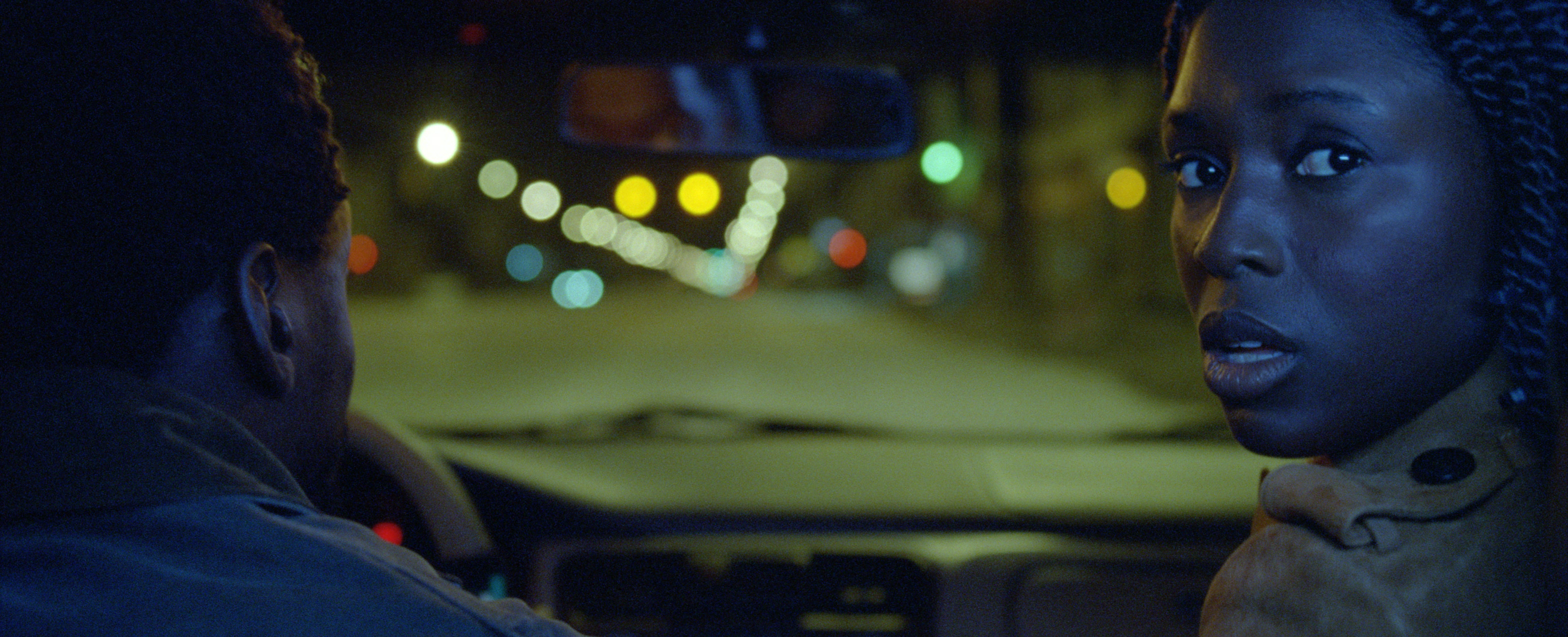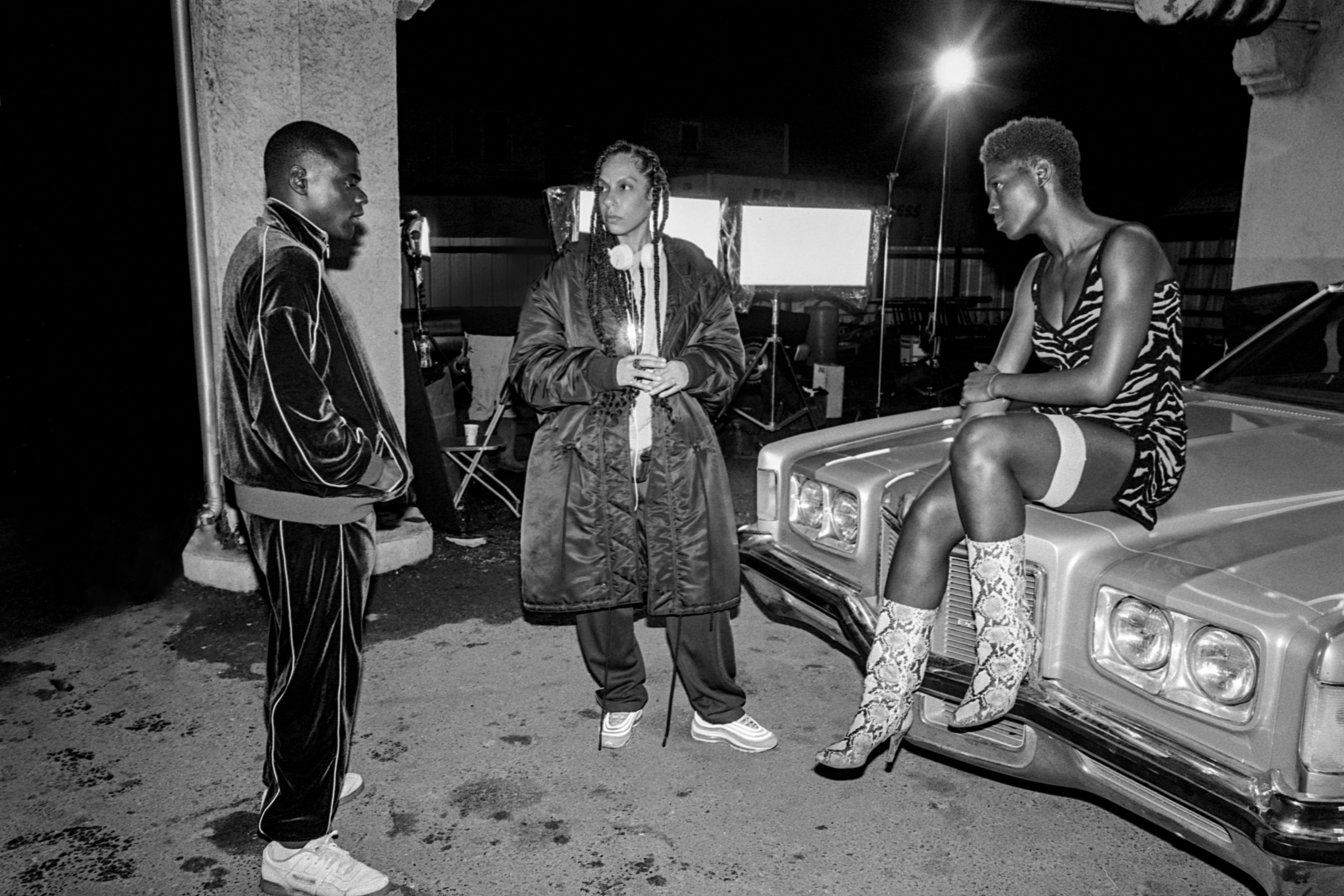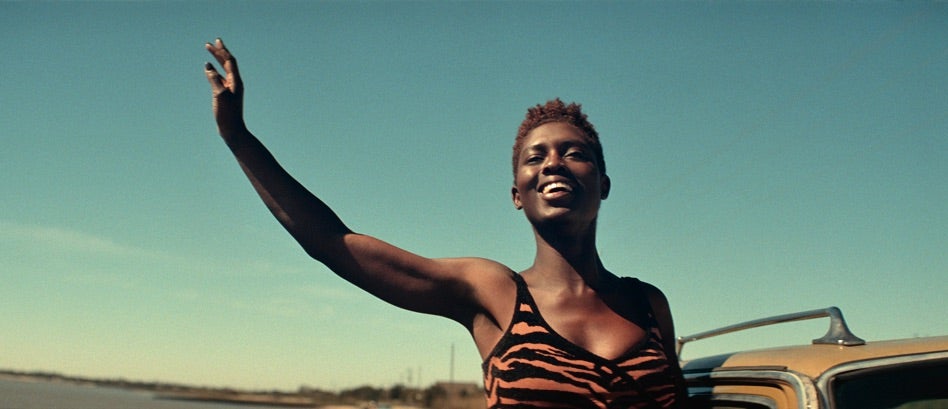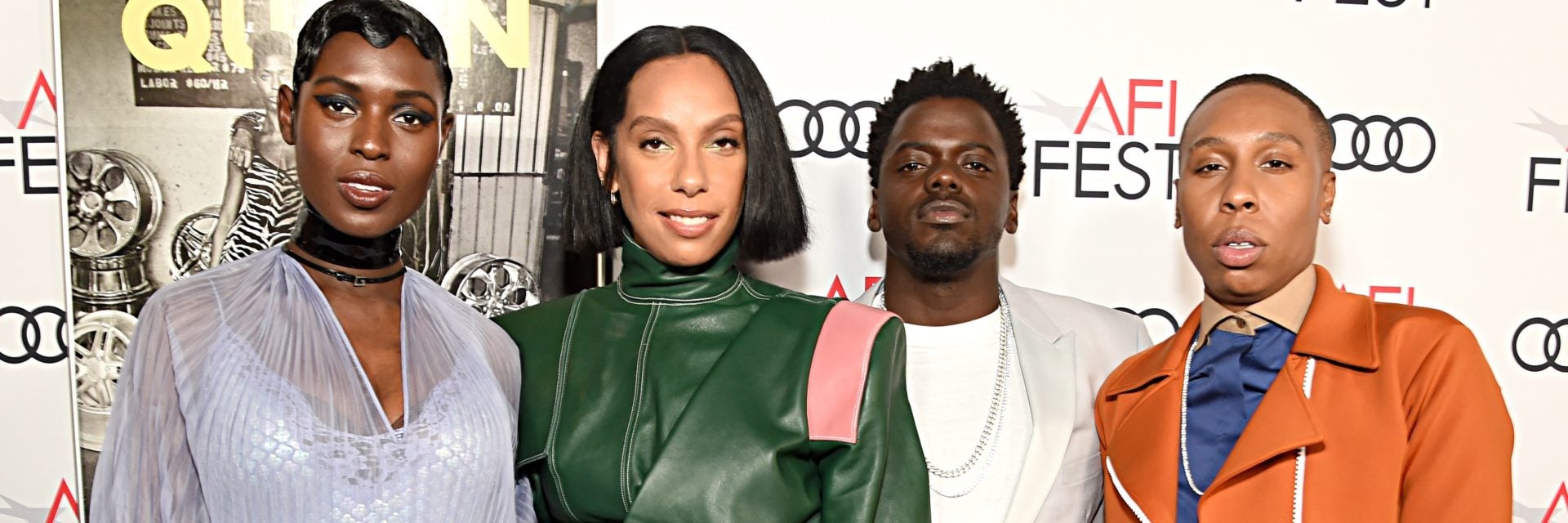On an unseasonably chilly March afternoon in Holy Cross, New Orleans, Emmy-winning writer Lena Waithe and first-time feature film director Melina Matsoukas are peering at a monitor surveying the action getting filmed in the distance. As the evening’s darkness encroaches, actors Daniel Kaluuya (Get Out) and Jodie Turner-Smith, playing the titular characters in the thrilling Queen & Slim, walk slowly across the crest of an embankment overlooking the Industrial Canal. The languid scene is a brief respite in an otherwise tension-filled drama, which follows 48-hours in the lives of a couple whose first date has gone horribly wrong. Queen & Slim, which opens today, has been described as a “Black Bonnie and Clyde.” But in fact, the film is about much more than a couple in love and on the run—it’s a searing, complicated and nuanced vision of Black life in America.
Here, in her own words, writer and co-producer Waithe explains the inspiration and her intentions for the most anticipated film of the year.
“A few years ago, I was at a Hollywood party and [best-selling novelist] James Frey came up to me and introduced himself. I didn’t know who he was but he said he had this idea a movie that he couldn’t write himself because he’s white. He pitched me the opening of it, like, ‘Black man, Black woman on a first date. They’re on the way home, police pulls them over, then he gets aggressive. They kill him in self-defense and go on the run.’ I was like, ‘Oh, that’s interesting!’ I think James thought it was one of those typical Hollywood conversations that don’t go anywhere, but I followed up with him. He had some ideas about the plot but he was cool about me throwing those away and finding the movie on my own. He was like, ‘Just take that nugget and run with it’— and I did.“

“While I was writing, we were also filming the “Thanksgiving” episode of Masters of None [In 2018, Waithe, who penned the episode, became the first Black woman to win an Emmy for outstanding writing on a comedy series.]. Melina directed “Thanksgiving,” and we really had great chemistry. When I finished Queen & Slim I thought she was the perfect person to direct.“
“Melina is an amazing director. There are so many people who [work in film] in order to feel important or to be seen. For Melina and me, it’s about making other people feel seen. It’s not about me; it’s not about Melina; it’s not about Daniel; it’s not about any of us. It’s about the culture. It’s about the people.”

“When I was writing, the thing that helped me with character development was thinking about Queen as Malcolm X and Slim as Martin Luther King, and how, by the end of the movie, they sort of trade places. These are two people who walk through the world very differently. For Queen, an attorney who works to keep young African Americans off death row, I was very influenced by Just Mercy by Bryan Stevenson. I sort of lifted his career and gave it to Queen. And Slim works at Costco where his dad’s a manager. They are very different kinds of Black people in that she wants to bend the world and he just wants to have a house with a two-car garage and good health insurance. In many ways, this is about a battle that I think everybody faces: Do you want to bend the world or do you want to live an honest life?“

“There’s this idea that [Black writers and filmmakers] should show “positive Black images.” I hate that. I feel like we should show accurate images of us. That means, we’re flawed, we’re good and sometimes we’re bad. We’re all those things. We haven’t really overcome until we have a Black Breaking Bad, where you have a Black leading character who is doing the wrong thing in order to save his life. There was a time when Black people felt that they wanted to write the world that they wanted to live in. I choose to write about the world in which I live.”
“Just like writers who came before me who also wrote about things that were going on during their generation—which some might argue have not changed that much—I feel it’s my responsibility to create a time capsules that people can look back on in 20 years and have a real understanding of what it meant to be Black in 2019.“
Interview has been edited for clarity and space. For more on Lena Waithe’s inspiration for Queen & Slim, check out the video below.
Jeannine Amber (@jamberstar) is an award-winning journalist and author. She recently collaborated with attorney Carrie Goldberg on the book Nobody’s Victim: Fighting Psychos, Stalkers, Pervs, and Trolls.

